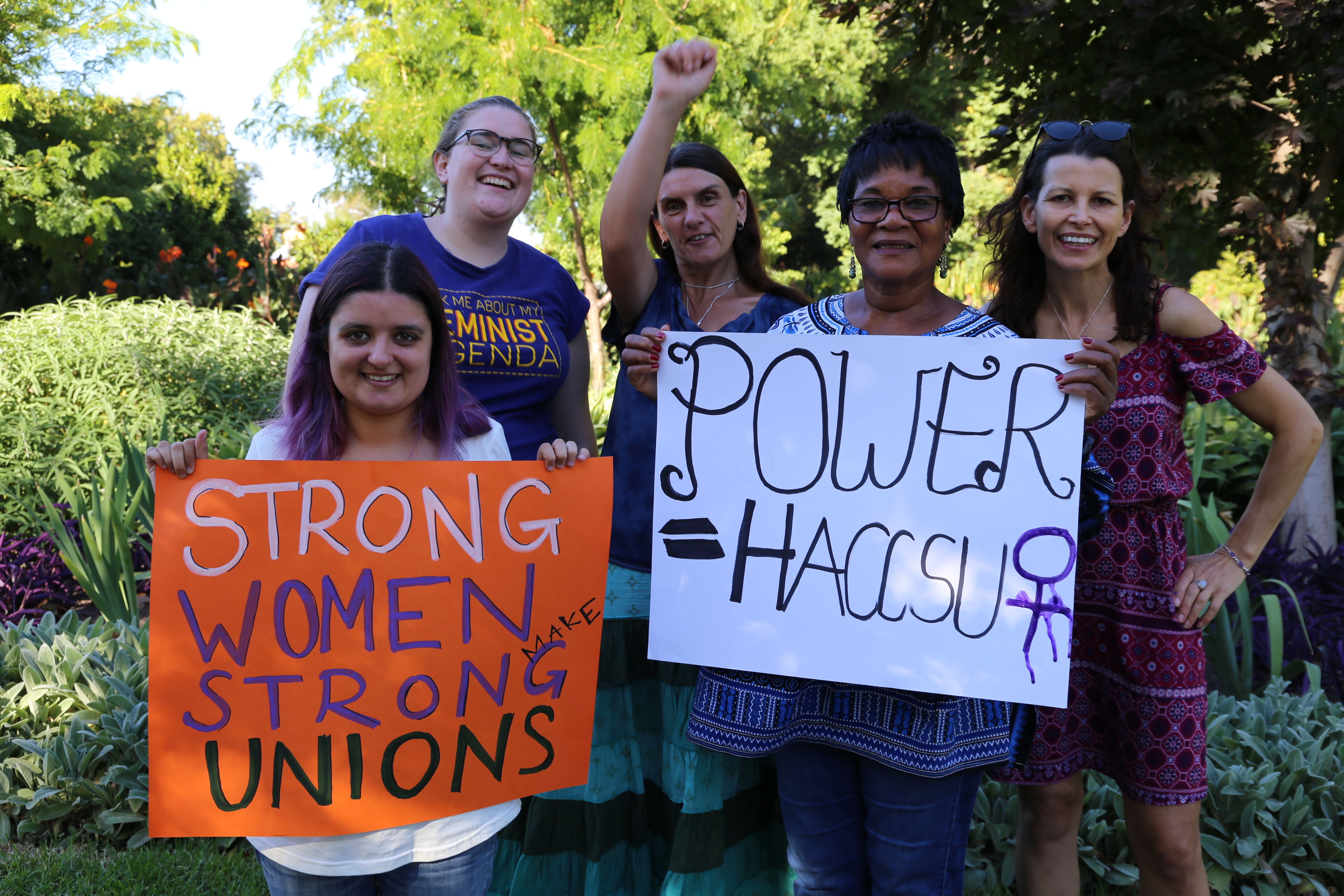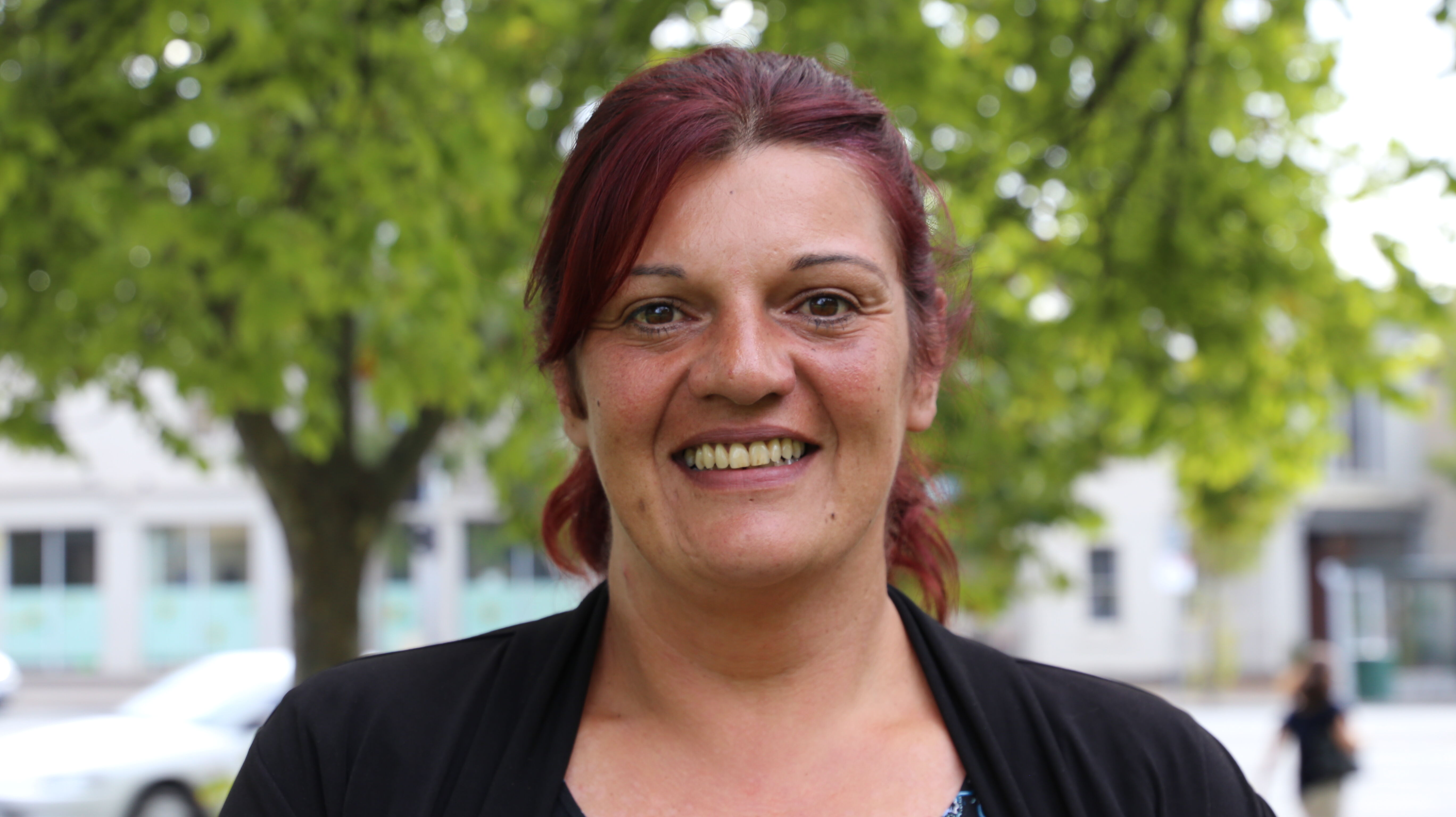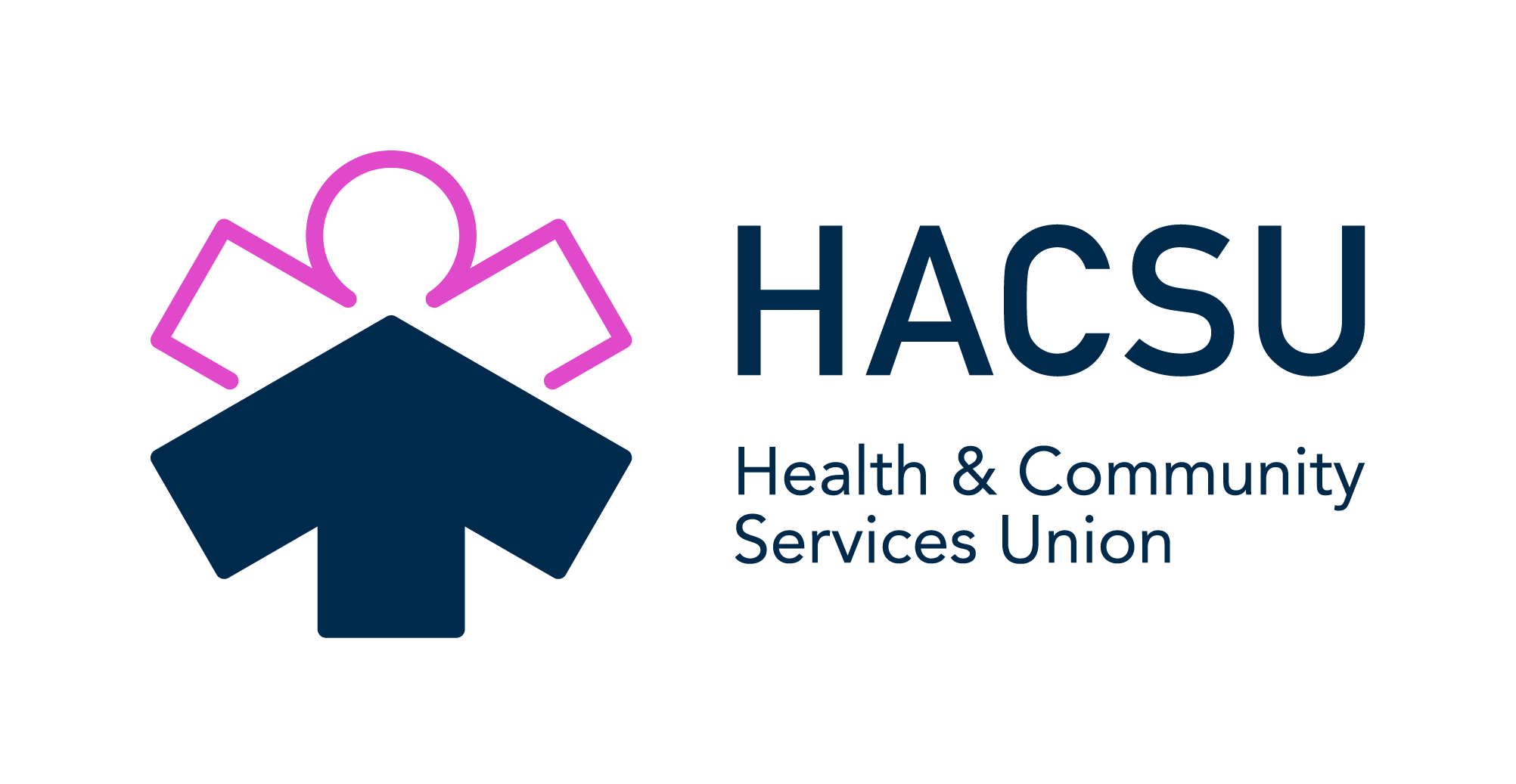
Women at work: What we can do to advocate for women in the workplace?
2019-01-25

The Health and Community Services sector is largely comprised of workplaces that are dominated by women, particularly on the front line. Even still, workplace gender inequality exists in all fields, throughout Australia and the world. Equality will not be tangible until working women can access and enjoy the same opportunities, benefits and resources as men.
Whilst we’ve made progress in Australia towards wage parity, sources suggest that in 2018 women generally had to work an average 62 extra days per year to earn the same wage as men. Adding to this, women were found to work fewer overall hours than men and were more likely to take on caring duties whilst working, requiring them to access unpaid parental leave. The result is that women retire with far less superannuation than their male counterparts.
What can we do?
Whilst a lot of decisions about your workplace are made by managers and leaders, there are things you can do to support your fellow colleagues and empower others to talk to leaders about gender equality at work.
1. Champion women at work
Elect a team of women’s champions in your workplace. This might be collective who can look out for other women and promote equality and diversity. Look out for fellow women and if you see a pattern of bias, call it out in a professional manner. Encourage your women colleagues to step up when promotions are available
2. Prioritise work-life balance
By maximising opportunities to prioritise their home-life, both men and women can feel empowered and encouraged to prioritise their home life, both men and women can feel empowered to take time off work to care for unwell relatives or to go to their child’s piano recital.
3. Find a mentor and talk things through
Are you given opportunities to talk through your achievements at work? Do you try to find time for mentoring about your professional and personal goals? If you’re a woman, find someone in your network who can mentor you. Alternatively, you can talk to your HACSU Delegate about what opportunities are available to you.
4. Call out gendered violence and harassment when you see it!
Have you seen something you think might be inappropriate, unprofessional or concerning? Safety is paramount for us all and we know women are at higher risk of being a victim of violence at home and at work. Call out behaviour when you see it! Provide support to people who might need it and call HACSU Assist for further help. You can also call Safe Steps, an organisation that help and support people experiencing of family violence (1800 015 188).
5. Know your own bias
Do you ever think about what bias you might have? Most people do have some innate bias towards different people or groups. It’s good for us all to take the time to reflect on what assumptions we might have about women, women’s roles and responsibilities in the workplace. Admitting your own personal bias (if only to yourself) is the first important step to overcoming global bias.
We know that gender equality is linked with many positive outcomes for workplaces and the community in general. These include improved productivity, growth and performance. Start a conversation today at your workplace about advocating for women in your workplace!
Did you know HACSU officials on the HACSU Women’s Committee are in the process of organising a Women’s Conference? Contact us for more information today! hacsu@hacsu.asn.au



